
Never a bad day at the office for Anglo American execs


After an outcry over a generous long-term incentive program (LTIP) for execs in the form of stock grants in 2016, Anglo overhauled its policies.
At the time, the company with roots going back more than a hundred years to South Africa's gold and diamond fields, was in a distressed state to put it mildly.
Market capitalization had fallen to below $5 billion, but debt had ballooned to $13 billion, so there was plenty of upside should senior management be able to pull the company out of its nosedive.
Which they did, helped in no small measure by the fact that the beginning of 2016 also marked the bottom of the commodity cycle.
Governance issues cover 54 pages in the annual report, and the level of detail is impressive (down to club membership, car allowances and tax advice) but one table really jumps out.
Executive director remuneration including basic salary, benefits in kind, bonuses, pensions, and those LTIPs that vested last year show the top brass at Anglo doubled their income last year.
The committee acted robustly to ensure that executive remuneration for 2018 was appropriate
CEO Mark Cutifani took home US$18.9m (GBP14.67m), up from $9.2m in 2017 with more than two-thirds of the total as a result of vesting stock grants. That translates to $72,000 per working day, assuming the hardworking Cutifani never took a day off from his duties 2018.
Technical chief Tony O'Neill pocketed $10.6m (including a tax advice benefit valued at all of $1,200) while CFO Stephen Pearce had to be content with $9.6m (including $38,300 in car-related benefits which does not go a long way if you're in the Bentley-bracket).
Anne Stevens, chair of Anglo's remuneration committee, explained why rewarding execs at a mining company is such a fraught undertaking:
I am acutely aware that executive pay remains a contentious topic. It is never easy to strike an equitable balance between incentivising and rewarding management and reflecting the interests of shareholders and wider stakeholders.
Volatility in remuneration outcomes, and especially regarding long-term incentive plans (LTIPs), continues to be a factor of the mining sector and of product prices.
Through the application of a cap on LTIP vesting, the committee acted robustly to ensure that executive remuneration for 2018 was appropriate and that the impact on remuneration of the share price rise over the past three years was reduced significantly.
Without the cap Cutifani would've been eligible for an additional $8.3m under the LTIP for his efforts to turn the company around since taking over the helm in 2013.
As the annual report is also happy to point out, three-year shareholder returns at Anglo is a heartwarming 285%.
Which probably means that shareholders of the company – worth $33 billion today – will let this expensive year for director pay go through without too much of a grumble.


First Quantum scores $1B streaming deal with Royal Gold

Newmont nets $100M payment related Akyem mine sale

Caterpillar sees US tariff hit of up to $1.5 billion this year

Gold price rebounds nearly 2% on US payrolls data

Goldman told clients to go long copper a day before price plunge

Australia pledges $87M to rescue Trafigura’s Nyrstar smelters in critical minerals push

Copper price posts second weekly drop after Trump’s tariff surprise
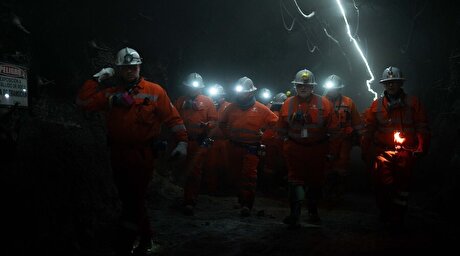
One dead, five missing after collapse at Chile copper mine
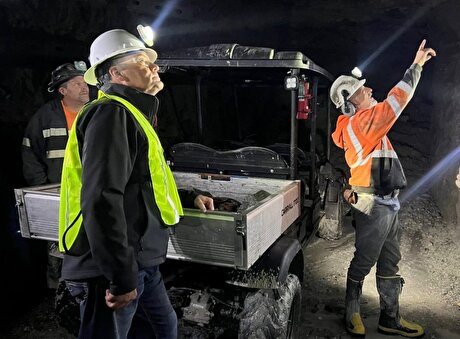
Idaho Strategic rises on gold property acquisition from Hecla

Century Aluminum to invest $50M in Mt. Holly smelter restart in South Carolina

Australia to invest $33 million to boost Liontown’s Kathleen lithium operations

Glencore warns of cobalt surplus amid DRC export ban
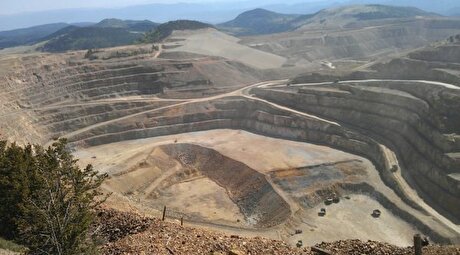
SSR Mining soars on Q2 earnings beat
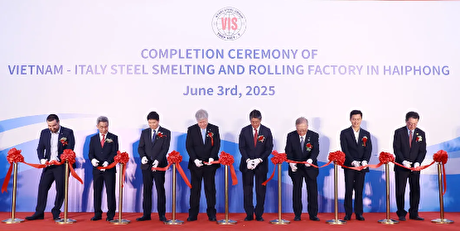
A Danieli greenfield project for competitive, quality rebar production

China limits supply of critical minerals to US defense sector: WSJ
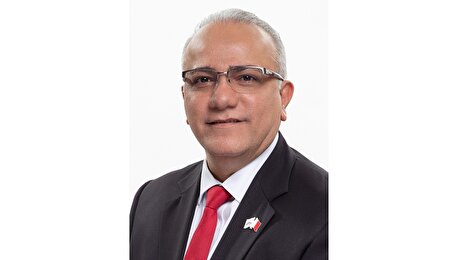
Alba Hits 38 Million Safe Working Hours Without LTI
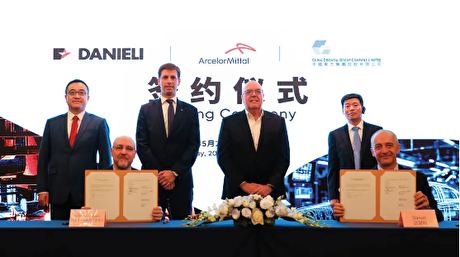
Advanced cold-rolled strip for China’s New Energy Vehicle market

Codelco seeks restart at Chilean copper mine after collapse

US slaps tariffs on 1-kg, 100-oz gold bars: Financial Times

Australia to invest $33 million to boost Liontown’s Kathleen lithium operations

Glencore warns of cobalt surplus amid DRC export ban

SSR Mining soars on Q2 earnings beat

A Danieli greenfield project for competitive, quality rebar production

China limits supply of critical minerals to US defense sector: WSJ

Alba Hits 38 Million Safe Working Hours Without LTI

Advanced cold-rolled strip for China’s New Energy Vehicle market

Codelco seeks restart at Chilean copper mine after collapse

US slaps tariffs on 1-kg, 100-oz gold bars: Financial Times














